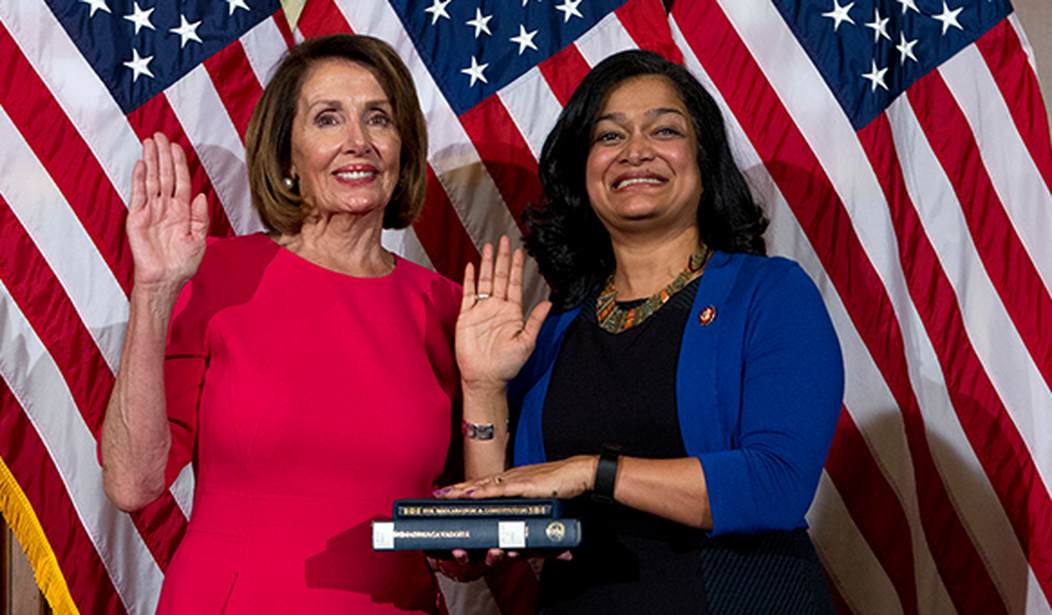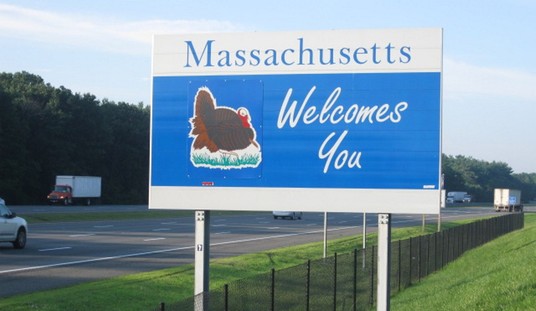Barring some insanely unexpected miracle, the Democrats are going to lose big in the 2022 midterm elections. In fact, as I’ve written previously, they know they are going to lose. Indeed, they have already begun pointing fingers and passing blame for their upcoming shellacking.
Democrats have been unable to win a major legislative victory since passing the coronavirus relief act earlier this year. President Joe Biden has been stinking up the joint in the White House as he mishandles every problem that has presented itself. Biden’s approval ratings are in the toilet and the Democrats’ agenda is not exactly winning over the American public.
Right now, all eyes are on Virginia. Republican gubernatorial candidate Glenn Youngkin has a good chance of winning, which might further illustrate how much trouble the Democrats are in. Indeed, even if he doesn’t win, the fact that the race was a close one in a blue state like Virginia will be seen as an omen portending the Democrats’ demise next year.
But who will be to blame for the Democrats’ upcoming defeat?
That is a question that the progressive and moderate factions of the Democratic Party are already fighting over, and it ain’t pretty. The far-left crowd insists that they will not be to blame for their loss. Rep. Pramila Jayapal (D-WA) insisted that those claiming the socialist wing’s decision to block the passage of the infrastructure is hurting Democrats’ chances of winning are wrong. On Monday, she told reporters:
I’ve watched all the attack ads on Terry McAuliffe and not a single one has talked about the [infrastructure bill] not passing. They’ve all been about other things.
However, Politico reported:
But several Democrats from other corners of the caucus privately expressed their fury toward progressives Monday night after POLITICO reported Jayapal helped derail their leadership’s infrastructure vote strategy last week. What many hoped would be an opportunity to change the narrative going into the weekend instead resulted in a cascade of coverage about how Democrats can’t agree.
Politico also pointed out that “Democratic infighting has dominated the national conversation for months as moderates and progressives have tangled over the social spending package and timing for a House infrastructure vote.”
Moderate Democrats were “desperate” for a House vote on the infrastructure bill last week because they believed it would give Terry McAuliffe an edge in the election,” according to the news outlet. But progressives shut the effort down when they demanded that Sens. Joe Manchin (D-WV) and Kyrsten Sinema (D-AZ) commit to supporting the overall bill, which was laden with provisions that had nothing to do with infrastructure.
However, with polls showing the two Virginia candidates in a dead heat, and one showing Youngkin pulling ahead, Democrats are realizing they are in trouble. To make matters worse, an NBC News poll revealed that 71 percent of voters, including 48 percent of Democrats, believed the country is “headed in the wrong direction.”
While progressives insist that their actions will not influence the results of the Virginia elections, it seems likely that they will have severe ramifications for the party in the upcoming midterm elections. To put it simply: If and when the Democrats lose one or both chambers of Congress next year, the blame will be at the feet of the far-left progressive faction.
The agenda being pushed by the likes of Jayapal and Rep. Alexandria Ocasio-Cortez (D-NY) is simply not popular with the American public. Much of what is in Biden’s infrastructure and Build Back Better plan is going to get cut out like a cancerous tumor. Indeed, the reason why Manchin and Sinema are not on board with the proposal is because it does not play well with their constituents.
A recent Gallup poll conducted in October revealed that 52 percent of Americans believe the government is “trying to do too many things.” The content of the infrastructure and Build Back Better proposals are prime examples of the government attempting to do too much.
To make matters worse, it appears that neither of the bills will be a victory that Democratic lawmakers can present as a victory to their constituents. There is a decent chance that the bills will not pass. But even if they do, they will be a watered-down version of what was originally promised, which might play well for Americans who do not wish to see the government expand even further. However, it is unlikely that this will be enough to lift the Democrats out of the morass in which they find themselves.
Unless President Biden and his merry band of Democrats in Congress manage to pull off some major victories over the next few months, it is all but certain that they will lose at least the House. If current trends are any indication, one doesn’t need a crystal ball to predict what will happen in November of next year.













